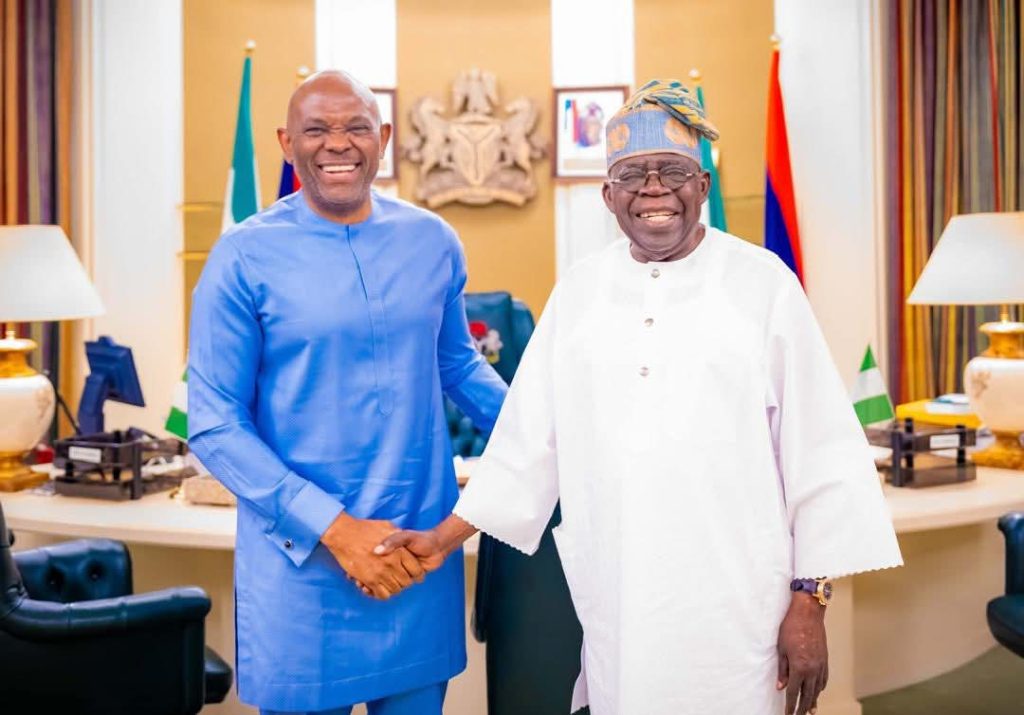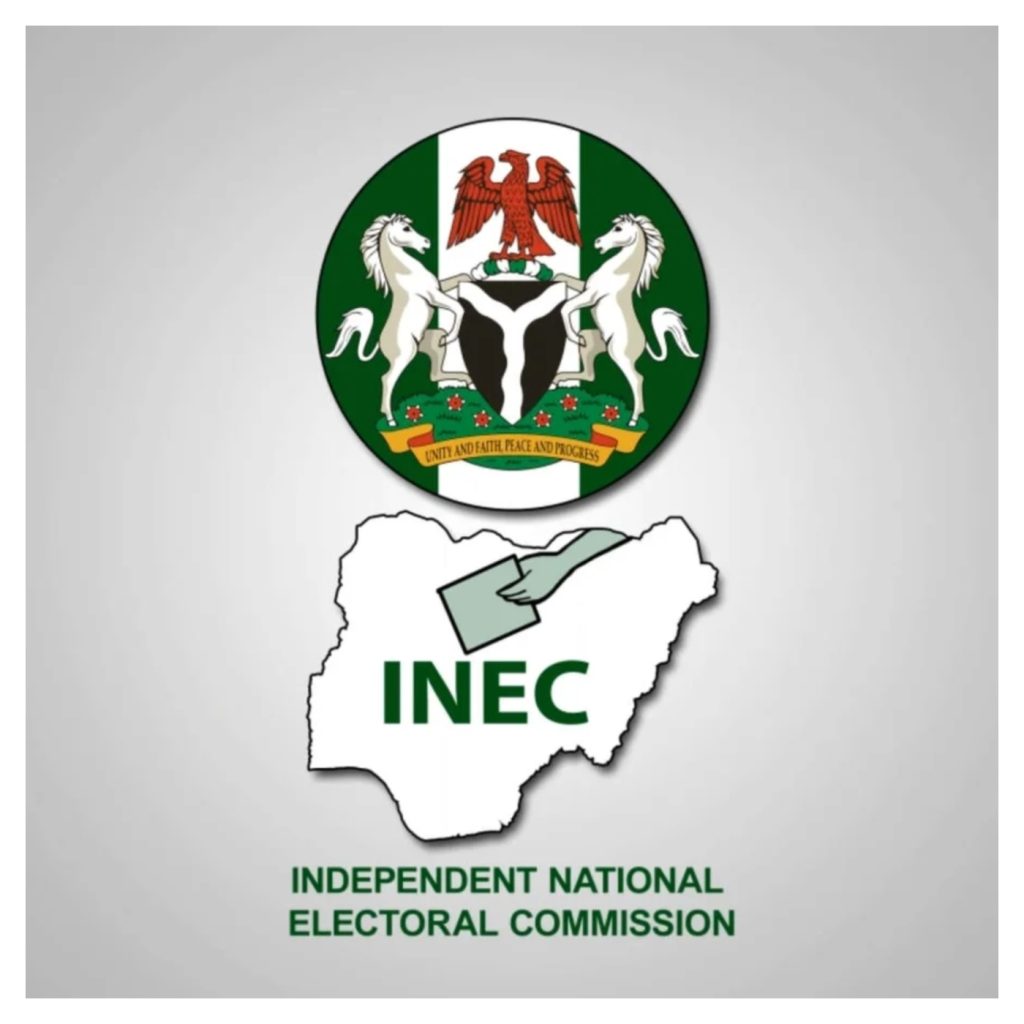The Federal Inland Revenue Service has clarified that President Bola Ahmed Tinubu’s recent approval of a 15% import duty on petrol and diesel aims to align import costs with domestic realities. According to Zacch Adedeji, the Executive Chairman of the Federal Inland Revenue Service, this move is intended to encourage domestic refinery and address the misalignment between local refiners and marketers.
The new tax is expected to result in an additional estimated cost of 99.72 per litre for imported petrol and diesel. Adedeji emphasized that the primary goal is not to increase revenue, but rather to take corrective measures to stabilize the market. The current price difference between locally refined products and import parity pricing has created instability, which the new duty seeks to address.
Domestic refining of petrol has begun to increase, and diesel sufficiency has been achieved. However, price instability persists due to the misalignment between local refiners and marketers. The introduction of the 15% import duty is expected to nudges imported landed costs towards local cost recovery without disrupting supply or inflating consumer prices excessively.
Despite the adjustment, estimated Lagos pump prices are expected to remain relatively low, at around N964.72 per litre ($0.62), compared to regional averages such as Senegal ($1.76 per litre), Cote d’Ivoire ($1.52 per litre), and Ghana ($1.37 per litre). The move has sparked mixed reactions, with some stakeholders expressing outrage and calling for the duty to be withdrawn, while others, such as economist Bismark Rewane, see it as a positive step towards encouraging local production.
The decision to introduce the 15% import duty on petrol and diesel is part of the government’s efforts to promote domestic refining and reduce reliance on imported fuels. As the country navigates its energy sector, the impact of this new tax will be closely monitored. With the aim of stabilizing the market and promoting local production, the government’s move is seen as a significant step towards addressing the complexities of the energy sector in Nigeria.



